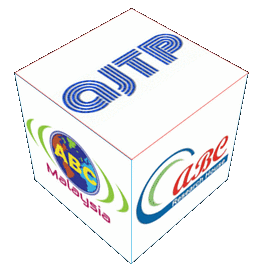Most Anti-Corruption Programs Have Lacked Key Components
DOI:
https://doi.org/10.18034/ajtp.v5i2.435Keywords:
Anti-Corruption, Lacked Key Components, Hysteresis, Ethics Code, New BehaviorsAbstract
The five field studies reported here and published research examined successful and unsuccessful anti-corruption programs, and the processes of corruption in Africa and Central America. They found most Third World governments' anti-corruption programs have lacked the appropriate mix of strategies and exercises needed to build new behaviors to overcome the core problem of a culture of corruption, or the hysteresis effect. The five studies led to development and testing of a model anti-corruption program. Test of the model program showed it could be assimilated by participants who lacked advanced education, and they could achieve an initial operational competence in a relatively brief period of training. The authors’ five field studies found eight (8) components were necessary for successful anti-corruption programs, and these findings were bolstered by the published research of others that was empirically based. The eight components are: (1) the actual and visible support of the head of government or C.E.O., (2) behavior modification training for civil servants to build informal social controls and internalize negative reactions to corruption, (3) a public component to build public support and social conscientiousness, (4) a degree of career security for civil servants, (5) laws and formal structures, such as criminal statutes, ethics code, transparency, audit, legislative incentives such as the Foreign Corrupt Practices Act, other official and independent oversight, (6) exercises and follow up to operationalize new behaviors and feedback, (7) reduction and streamlining of government licensing and regulation of the economy, and (8) training to build new sensitivities to mission, professionalism, fiduciary duty, and peer group responsibility. The model program developed and tested included skill building, group exercises, role-playing, cohort projects, and practice scripts.
Downloads
Downloads
Published
Issue
Section
License
American Journal of Trade and Policy is an Open Access journal. Authors who publish with this journal agree to the following terms:
- Authors retain copyright and grant the journal the right of first publication with the work simultaneously licensed under a CC BY-NC 4.0 International License that allows others to share the work with an acknowledgment of the work's authorship and initial publication in this journal.
- Authors are able to enter into separate, additional contractual arrangements for the non-exclusive distribution of the journal's published version of their work (e.g., post it to an institutional repository or publish it in a book), with an acknowledgment of its initial publication in this journal. We require authors to inform us of any instances of re-publication.














